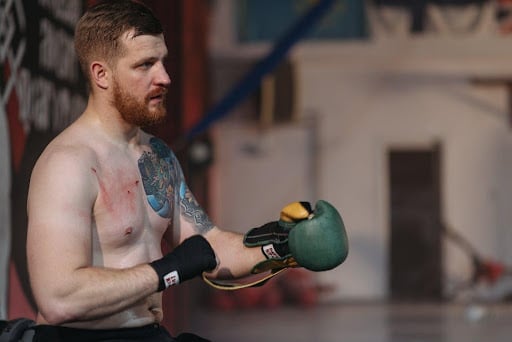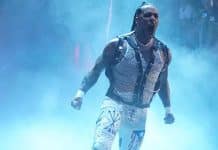
Born in Manchester, Connecticut in 1969, Dana White is the man credited with turning the Ultimate Fighting Championship (UFC) into one of the biggest shows not just in town, but on the planet. It’s some feat considering his humble beginnings – White was not much of a student and had no real fighting career of his own to speak of.
Once formerly a bouncer at an Irish bar and a bellhop at the Boston Harbor Hotel, he now spends his spare time improving his poker game across various casinos on the Las Vegas Strip with close friends. He has turned the UFC from a failing enterprise into a global, multi-million dollar business, so how did his journey start?
Opportunity Meets Fortune
Sometimes in life it is less about what you know and more about who you know, which is certainly true when it comes to Dana White. After experimenting with various careers, White decided to give up on his dream of becoming a professional boxer and instead became a boxercise instructor and began practising jiu-jitsu under John Lewis with his former school mate Lorenzo Fertitta.
It was there that he met Tito Ortiz and Chuck Liddell and convinced them that he should become their manager. Through his work there he met Bob Meyrowitz, the owner of the UFC and learned of his plans to sell the franchise.
White immediately went to his former classmate Lorenzo Fertitta – now a billionaire entrepreneur – and convinced him to take over the UFC. With his brother Frank, Lorenzo bought the UFC for $2 million and installed White as the company’s President.
Whist White was given a lofty title, he was in effect the President of not very much at all. To avoid bankruptcy the previous owners of the UFC had sold of a whole heap of assets, meaning that the Fertitta brothers and White effectively inherited an old Octagon, the official UFC name and not a lot else.
(White and Fertitta talk their plans for UFC.)
Creating a Narrative
Lorenzo Fertitta has gone on record numerous times to share his belief that a Harvard educated business type with a history in sports management would have failed to turn the UFC into a profitable enterprise and he’s right.
Someone with a background in sports management and a university degree wouldn’t have been able to apply the same outside of the box thinking that Dana White did. Recognising that sports is less about what happens on the field, in the ring or in the octagon, White realised that sports was all about narrative and storytelling.
In 2005, White convinced SpikeTV to air “The Ultimate Fighter” an MMA based reality TV show. In doing so White had to use all of his powers of persuasion as TV executives found it hard to see the value in his idea – White and The UFC even had to agree to cover the initial $10 million production costs up front.
Fortunately for White, The UFC and SpikeTV the show was an enormous success and was eventually sold to Fox Sports and a number of overseas broadcasters. The first season culminated in a fight between Forrest Griffin and Stephen Bonnar.
That clash was voted fight of the year by a poll of 19,000 readers of MMAWeekly.com and was recognised by many pundits and critics alike as the best fight not only of the UFC calendar but the fighting calendar in general.
(The finale of Season 1 of The Ultimate Fighter provided the Launchpad for the UFC’s later success.)
Social Media Marketing
Dana White had already proved to be a man ahead of his time with his use of reality TV to not just save UFC but to provide the sport with the Launchpad to take over the world. His next move proved to be equally ahead of its time, paying fighters for how effectively they used Twitter.
In 2011 White set aside $240,000 and awarded quarterly pay-outs of $5,000 to fighters that increased their percentage of followers the most. To modern eyes that might seem like a fairly logical step, but try to remember that back in 2011 Twitter was very much in its infancy.
Few had come to realise the commercial possibilities of the social media app, never mind the impact that it would have on sporting discourse. As a result of White’s Twitter policy, UFC fighters began to gain more followers than NFL and soccer franchises, which naturally, grew the profile of the sport.
In Summary
There will be many other reasons behind the success of Dana White and the UFC that we simply cannot cover in real detail in this article. The two mentioned above however, seem to be the most pivotal in the advancement of the sport.
White’s ability to leverage reality TV and social media before anyone else are the main reasons behind the sport’s global appeal. If White can continue to stay ahead of the curve, his claim of making UFC the most-watched sport on the planet in a decade may well come to fruition.






